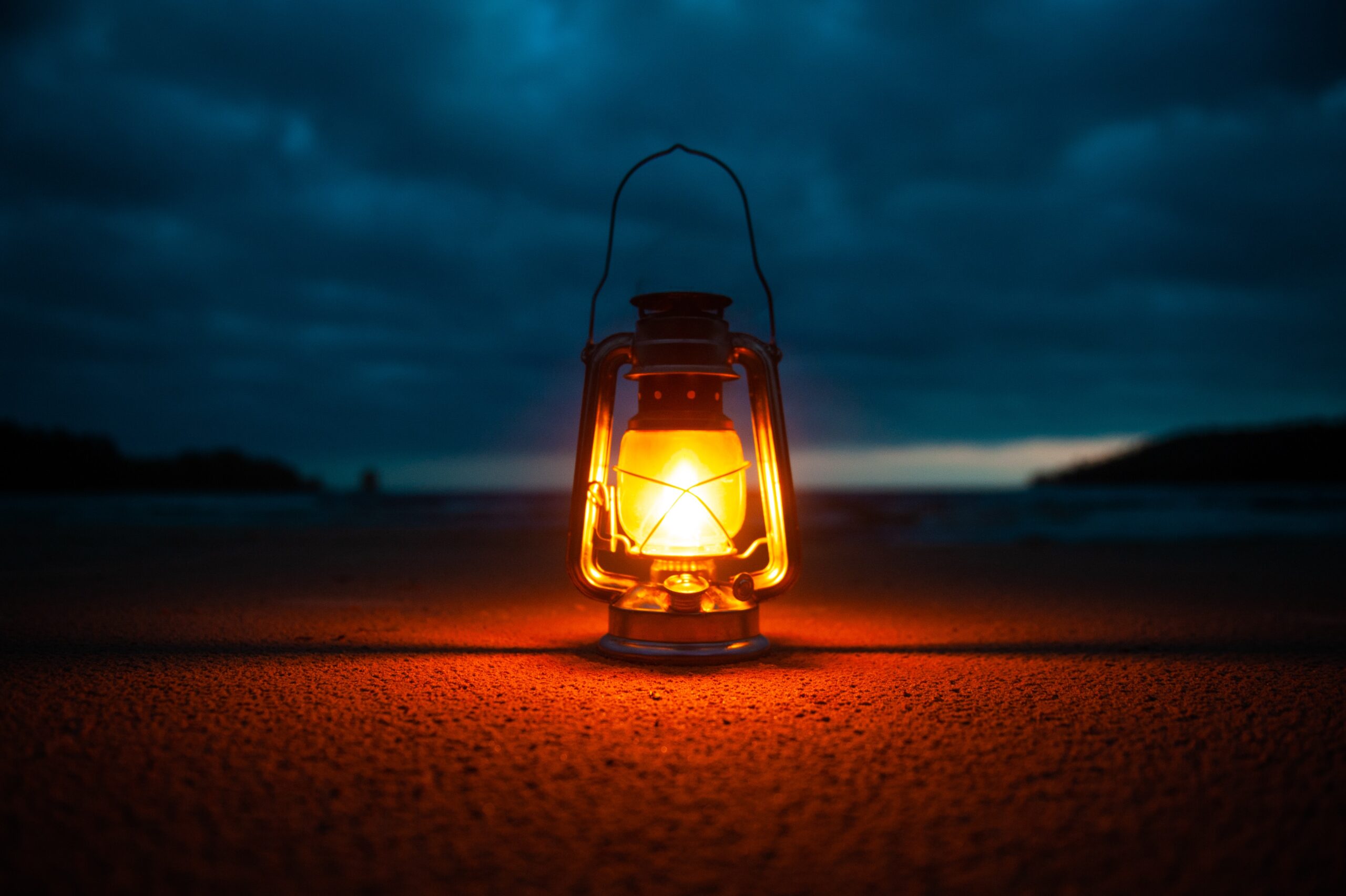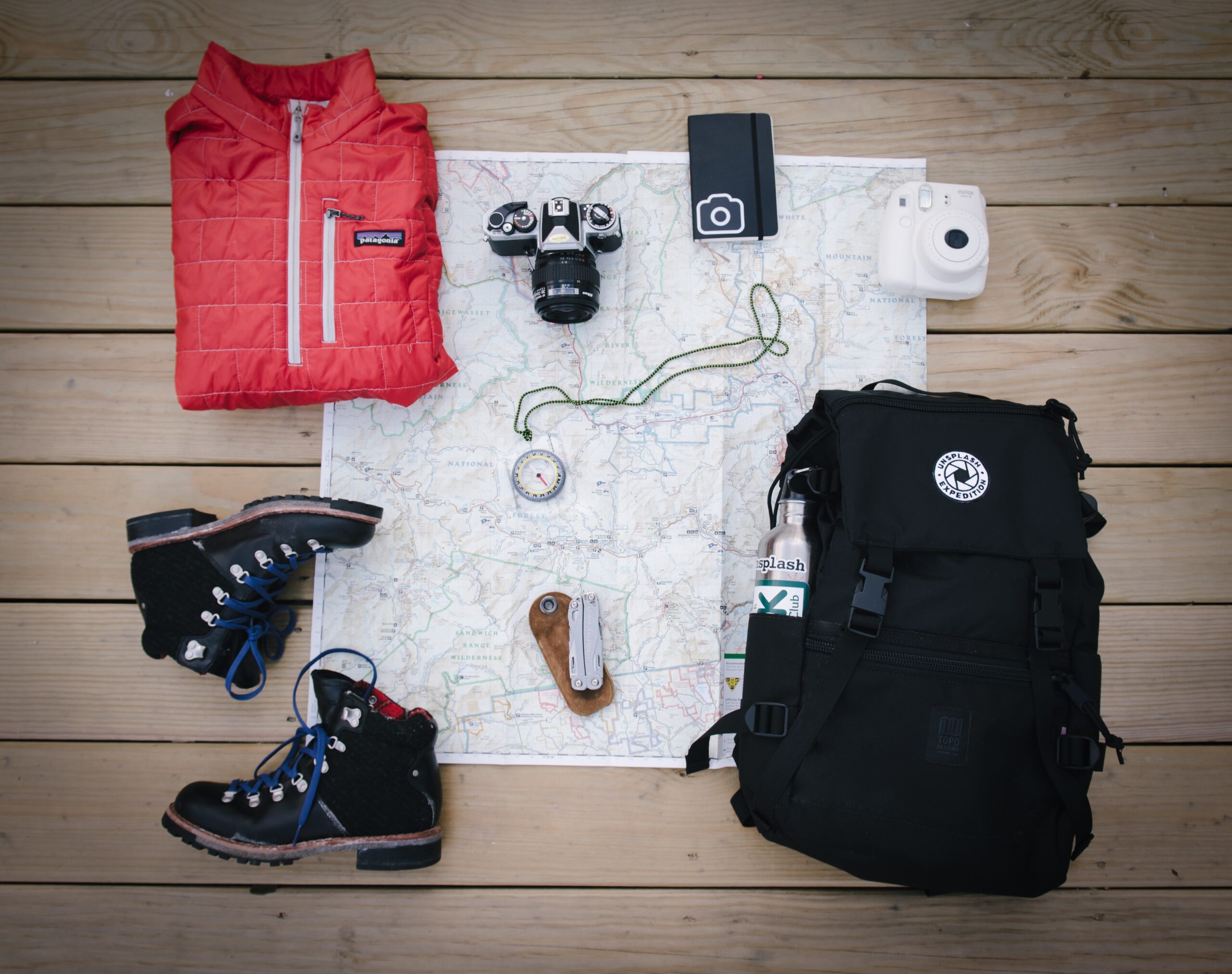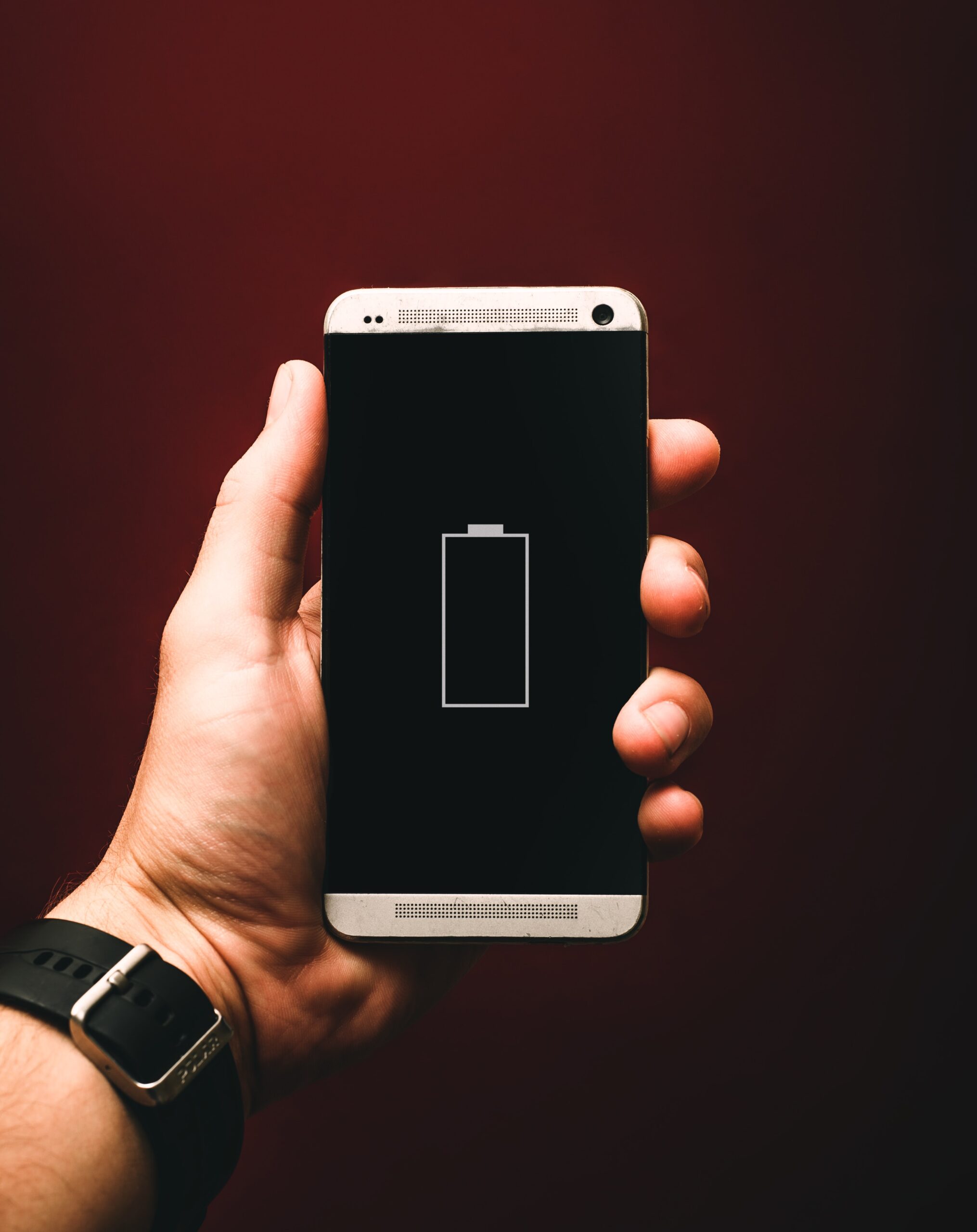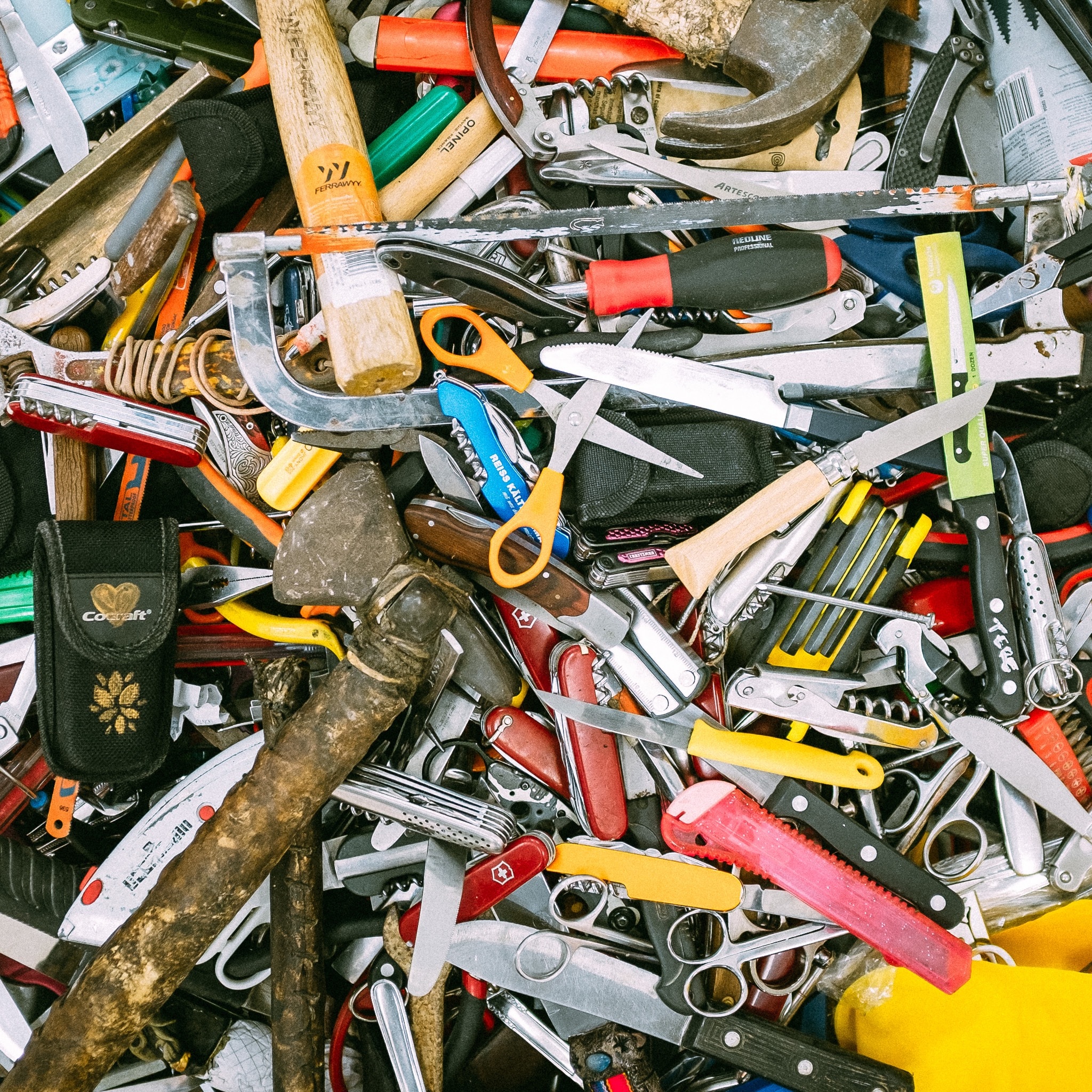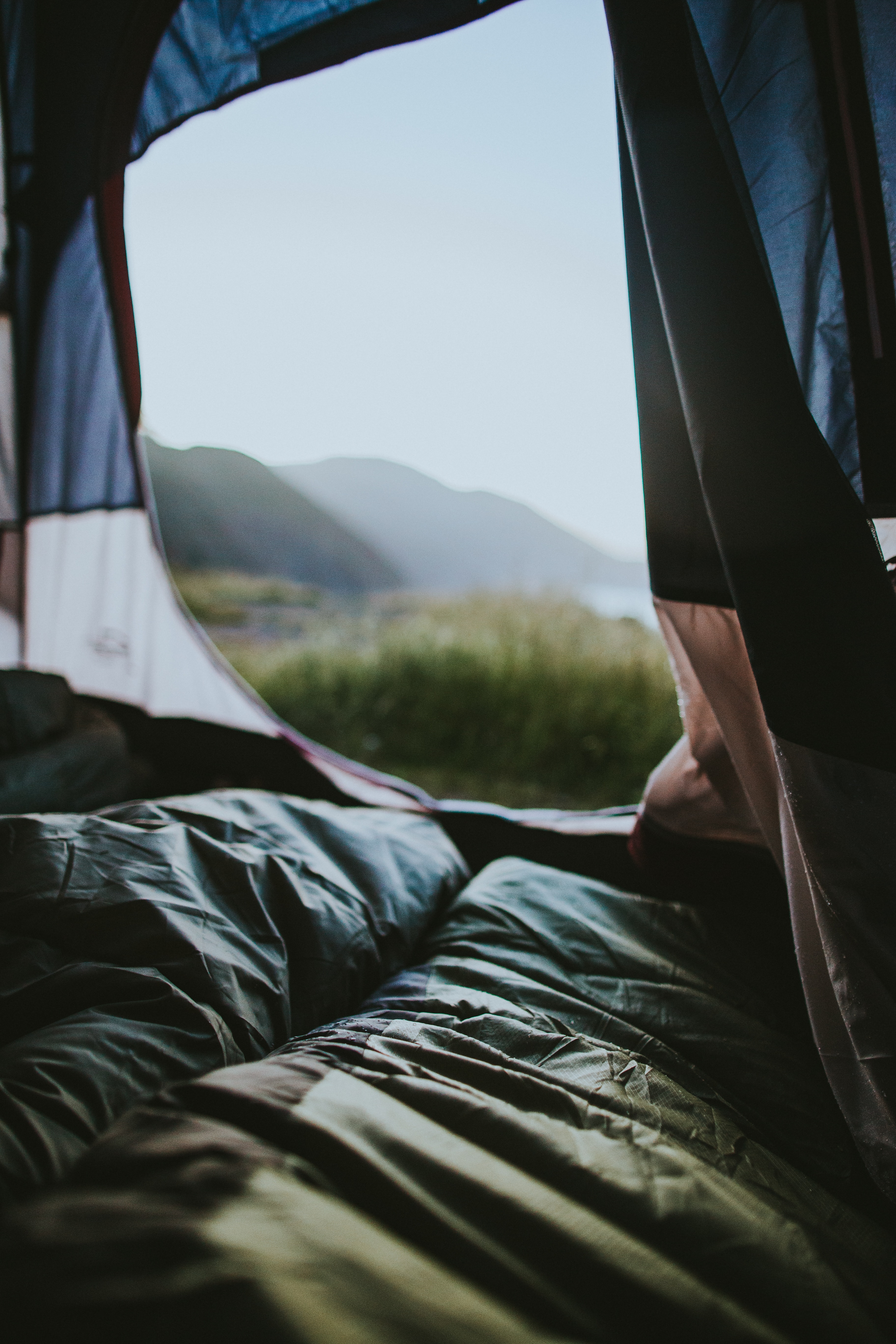Miscellaneous
There are various levels of this that you can include in your 72-hr kit. We will discuss some of these. If this is your first time putting together a 72-hr kit and have a limited budget start out by planning for simple methods and then add or increase as you can.
Things to consider:
- Consider who you are preparing for, Adult, child or baby.
- Weight and size of equipment
- Consider the environment you might be in, outside vs. in a shelter
Special Needs:
- Everyone has their own unique circumstances, consider the following and if they apply to you.
- Physical or emotional needs
- Medications – Prescription medicines, list of medications and dosages, list of allergies
- Special equipment – Extra eyeglasses and hearing-aid batteries, wheelchair batteries, oxygen
- Elderly family members
- Infants or toddlers
- Food allergies
- Special dietary foods and supplies
- Items that calm or entertain your child
- Pets – emergency supplies
Cash:
- Cash – variety of small bills, $20 to $200 would be good start, the more the better, but obviously do what you can afford to start with and add as you can
- Coins
- Credit cards
List:
I would recommend everyone create a list as to what to grab, in an emergency there is a good chance you might forget something so if you make a list and attach it to your 72 hr kit you can just look at it as you grab it first. Depending on the amount of time you have and if you can take a vehicle you will have your priorities listed whether you have to grab and go or have 15 min to an hour to prepare.
Grab and go list
- 15 min list
- 30 min list
- 1 hr list
Emergency binder: (this list is from ReadyColorado)
An emergency binder should have copies (or actual) of your important documents. Depending on your situation, you may need some or all of the following documents to file insurance claims, pay bills, take care of injured family members, or manage the responsibilities associated with a death. Here are suggested documents that you should locate, copy and store in a safe place (fireproof box, or with an out-of-town friend or relative).
- Birth certificate
- Death certificate
- Marriage certificate
- Will
- Power of attorney
- Living will or other medical powers
- Trust documents
- Social Security card/records
- Military records
- Medical records, including prescription information
- Insurance policies (life, health, disability, long-term
- Care, auto, homeowners, renters)
- Checking and savings account statements
- Retirement account records
- Other investment statements
- Pay stubs
- Tax returns
- Car titles and registrations
- Mortgage/property deeds
- Rental agreement/lease
- Warranties and receipts for major purchases
- Credit card records
- Other loan records
- Safe deposit box information (location and key)
I might also add a few important pictures, depending on the emergency one could lose their home.
Another option might be to have much of this on a jump drive. If you are comfortable with using the “Cloud” maybe pictures or some of the records could be saved there also, but there could be a security risk with the “Cloud”.
Car Kit:
A car emergency kit can be a good idea. It can be similar to your 72 hour kit but you should consider if the change in temperature can affect the quality of the contents. It may require you to rotate out more often or even to have a summer version and a winter version. You may also want more car/travel related items such as flares, reflective triangles, tools, tire inflation equipment, etc.

